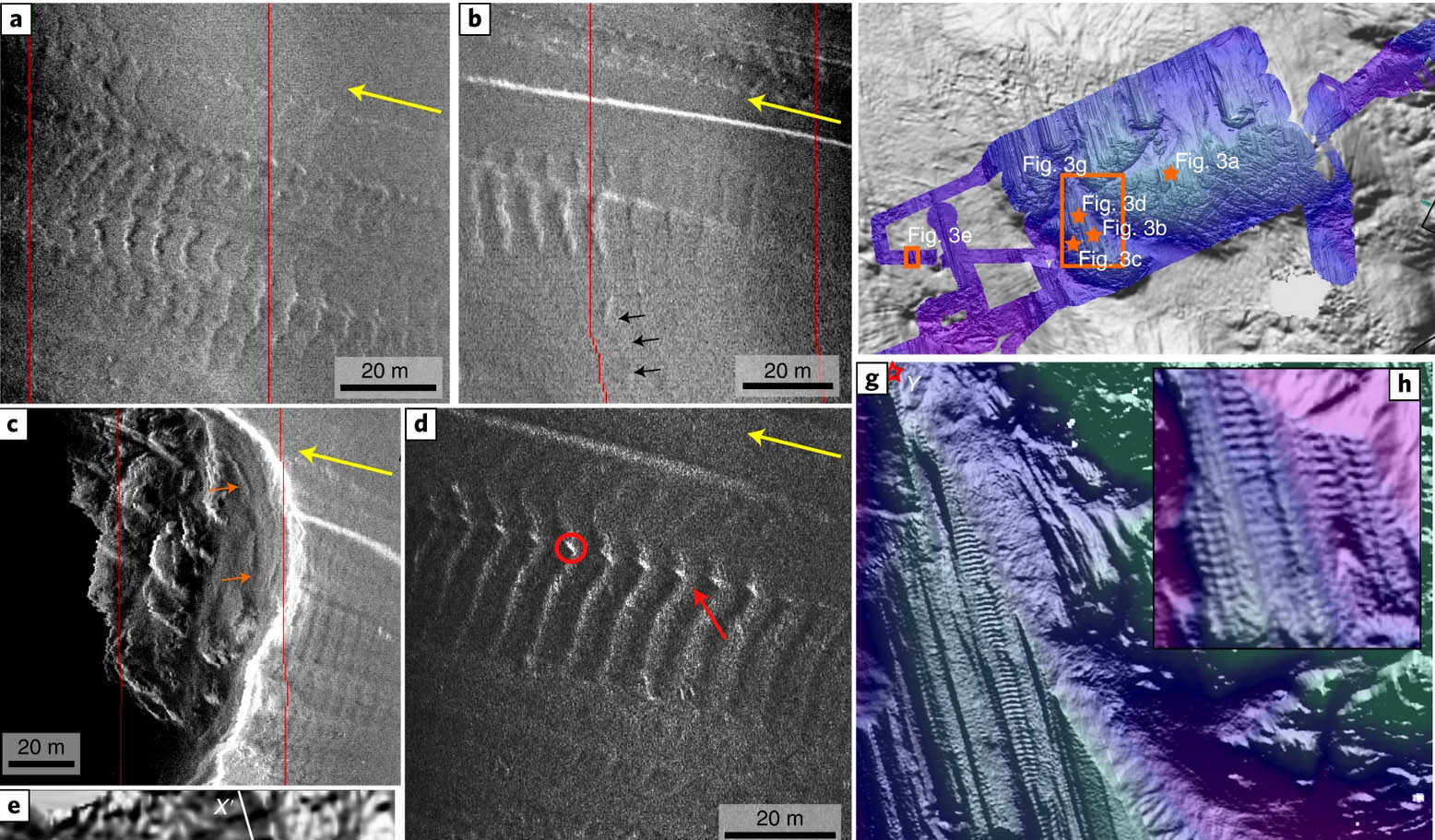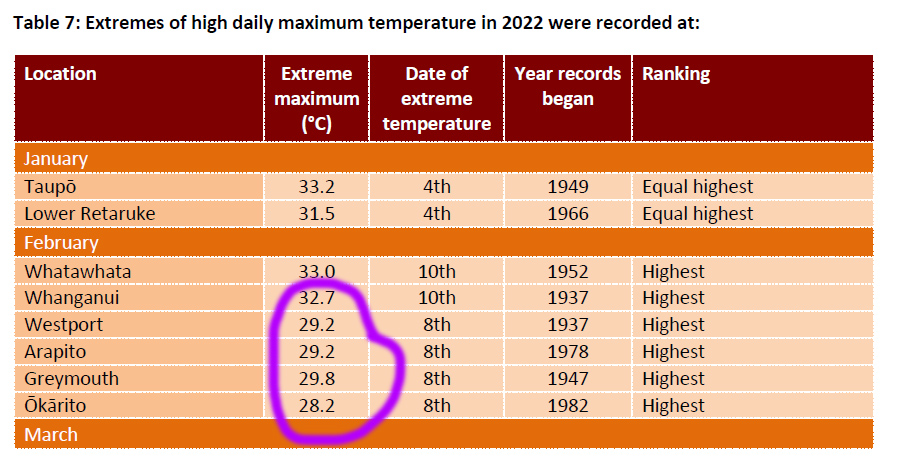
OUT OF CONTROL
Horrific road smashes involving young drivers are increasingly dominating news coverage on both sides of the Tasman. In New Zealand, we’ve introduced ‘boy racer’ laws and extensive restrictions on young drivers, prompting calls for similar tough measures in Australia. But as PAUL HAM explains, the real cause of the problem may actually be the feminization of society.
The nannyish, knee-jerk campaign by the New South Wales government and Sydney’s Daily Telegraph to introduce new laws for P-plate drivers to stop them killing themselves is not only a bleak manifestation of the infantile element in modern Australian political thought, but a sad symptom of a society that fails to grasp the fact that laws will not stop young men from doing blindingly stupid, terrifyingly dangerous, or amazingly heroic things.
The problem is – as the sad case of Emile Dousset (more on this in a moment) and other young drivers’ shows – laws cannot stop the intrinsic anarchy of youth. The experience of history, which we seem to be in the process of rapidly forgetting, teaches that adults need to channel the male instincts, rather than throttle them with laws, if we are to have any hope of generating something worthwhile from our sons.
Strict schooling, parental discipline and national service were once the traditional conduits for controlling the errant young male. None is likely to return. The relentless surge of progressive education, which has destroyed a generation of young people’s minds, marches on. The reintroduction of national service is clearly unlikely – it would be electoral suicide, and too expensive. And there is barely a flicker of life in the old family punishment regime – crushed by the anti-spanking campaign and other lobbies that criminalize or socially stigmatise any form of effective parental child discipline.
So politicians have spotted a vote winning opportunity: we’ll do the job of the parents.
Encouraged by the supine complicity – or, in the weird case of some publications, a cheerleading press – the ruling political class has seen fit to barge into our homes and tell our children how to behave without ever asking us.
“If parents can’t control their kids, we’ll have to do it for them,” runs the thinking; cue the busy bodies in government, who are parking their tanks on the parental patch with bossy impunity.
And yet the politician who demands parental as well as political power is a tiny symptom of a profound delusion in the western body politic: Governments actually think they can play mum or dad in outlawing the oldest, most creative and destructive urge in the human species: a young man’s propensity to behave recklessly.
In this process, parents have become the mere finger-wagging appendages of a society that increasingly relies on the crudest form of dissuasion: the law. The punishment of our kiddies is being appropriated by state legislators who cynically applaud the introduction of laws to control youth because they suppose them to be “voter friendly”.
Hence the proposed shiny new proposals in Oz for curbs on P-Plate drivers, which go hand-in hand with our mania for age limits, anti-spanking laws, anti-drinking laws, anti-smoking laws, bicycle helmet laws, and prohibitions of all kinds of behaviours perceived to be dangerous.

PHOTO: NZ Herald
In this light the tragic case of Emile Dousset is instructive. His father Graeme is, by all accounts, a responsible, decent man who made it very clear to his son that the Nissan Skyline R34 GTR parked in the garage – a machine powered by a 2.6-litre, six-cylinder engine with a top speed of 251km/h – was off limits. Graeme repeatedly warned Emile that the car was not to be driven; he tried to educate his son about the dangers of speeding, and the importance of responsible driving.
Emile listened, but disobeyed his father, and set aside his dad’s reasoned appeal to good sense – the flight of any ordinary young man’s desire for a thrill. One night, while his father was overseas, Emile took the vehicle out for a spin in the town of Wyoming, NSW, where a 50km/h limit applies. The P-plater drove first to a service station and picked up two passengers, Carl Homer, 33, and Natasha Schyf, Homer’s pregnant 15-year old girlfriend. Both were impressed by the gleaming vehicle, and curious to see how young Emile would handle it.
At this point it is worth interceding to remark on the manner in which virtually every commentator chose to ignore the really disturbing story here: in impregnating a child, the 33-year old Homer was manifestly guilty at the very least of carnal knowledge – and possibly child abuse – a more insidious force in society than reckless driving. Few saw fit to remark on this rather unfortunate fact; one report nauseously praised the girl’s courage in rising to the challenge of pregnancy at so young an age. (Even as the Telegraph was studiously ignoring the details of Homer and Schyf’s relationship, it still managed to run – with a straight face – a story about a 37-year-old man accused of bedding a 15-year-old girl he met online. The headline? “Jailed for preying on girl.”)
But back to Emile. Perhaps in an effort to impress his passengers, he sped to a residential street popular amongst rev-heads. He then accelerated to somewhere between 180 and 200 km/h, struck a dip in the road, went airborne for 40m, and smashed into a telegraph pole. Stunned residents emerged from their homes to find the dead bodies of Emile and Carl flung on the nature strip; trapped in the split car was Natasha, who died with her unborn baby (whom she’d named William).
Emile has become another tragic statistic in the supposed “epidemic” of P-plate road victims. His case fed the portrayal of male youth of today as, at the very least, disobedient and reckless.
At worst, if the government and the media are correct, a spawn of half-formed, testosterone-fuelled yahoos are at this very moment rampaging across our fair land, smashing up their dads’ cars and their lives in brazen high-speed rallies; drinking themselves legless; or drugging themselves to the hilt.
That impression is plain wrong, of course; in the midst of the media hysteria over the epidemic of teen driver deaths came news that, rather than spiking skywards, fatal accidents involving P-plate drivers have fallen to their lowest levels in history, falling 30 percent from 1992 to 2002. And it’s not just young drivers who are getting safer: NSW closed 2004 with the lowest number of road fatalities overall since 1949, with a total of 522 deaths. To put these numbers it in context, NSW Health estimates that roughly a dozen times that figure die in the state every year due to smoking.
But the NSW government is not put off, and is instead trying to legislate against stupidity. For example, young people must now stay on their P-plates three times longer now than their parents were: they must progress from L plates to red beginners’ P plates to a P2 licence (green P plate) before they get their full licence – a three-year process, involving several tough hazard perception tests. No wonder P-plate drivers are in the spotlight for road accidents. If that regime doesn’t work, what will?
But the government wants to extend the regime, and Roads Minister Carl Scully has drawn up a paper of options to reduce P-plate driver fatalities: they include a proposed ban on fast or dangerous cars and raising the age limit for licence-holders. To be fair, even as he pursued this course, he recognized an insurmountable problem: only by banning cars will crashes be avoided, said a helpless Scully spokesman last November.
Never mind that this doomed experiment will be ignored: no self-respecting young larrikin will care much about a distant government bureaucrat droning on about the “P-Plate driver menace”; a curb on young drivers may even encourage speedsters onto the roads.
In earlier times, fathers were proud of the motive, if not the occasionally disastrous consequences, behind any healthy young son’s desire to show-off, or embrace dangerous situations. It is a biological inevitability. That is why young men volunteer for war: they, unlike women or older men, have an idea of themselves as bullet-proof. In a word, many young men reckon they’re unbreakable.
But this fact seems beyond the realm of comprehension of the legions of precious counselors, bossy journalists, government busy-bodies and tut-tutting feminists who are wheeled out with weary inevitability to bemoan the “youth of today” and their predilection to do very dangerous things every time a young person is killed or hurt.
If Lord Byron had lived today, no doubt swimming the Hellespont by “Club-footed Persons” would have been banned soon after he drowned. Sadly for the cosy modern world of health inspectors and safety first, the dashing young man who defies order and authority to express his peculiarly male urge to be the fastest or the strongest or a hero will always be with us – if in a suppressed or warped form.
That’s because we live in an age in which the female is in the ascendant, and manhood is seen as something awkward, smelly, yobbish or plain embarrassing. The male virtues of courage, mateship, loyalty and do-or-die heroism are either dead, or dying, stamped out by a fusillade of laws, restrictions, codes and feminist-driven contempt.
Indeed, this blokish larrikinism is regularly portrayed as a kind of mental illness and something to be ashamed of; the “male” in us is not quite “human”, rather something abnormal, even bestial. Men are inured to being presented as the buffoon or the idiot in endless films and TV shows; they seem to have swallowed the nonsense that they’re less intelligent than women.
Melbourne psychologist Michael Carr-Gregg reckons young males “do not have the neurological wiring that gives girls pause to think,” as he told journalist Kate Legge in the Australian recently. Having accepted this as a self-evident truth, Legge added: “This biological handicap is exacerbated by a lethal mixture of sloppy parenting and unprecedented commercial and peer pressure”.
It is worth weighing the meaning behind this extraordinary statement: young men are no longer merely stupid or loutish; they are actually biologically inferior to girls. “New research” or “experts” say so.
But surely a biological handicap must be qualified in terms of its effect on human behaviour? If the male “biological handicap” only results in rev-heads crashing their cars, or picking fights, then perhaps it is a handicap; if, however the male “handicap” produces young men willing to sacrifice their lives for their country at a time of war; or rush in fearlessly to save the life of someone in danger; or embark on daunting expeditions of discovery, then surely it is a gift?
Today’s society denies young men that accolade. They are simply mentally-challenged louts. One wonders how the nation would respond if we were invaded (as we nearly were in 1942) – perhaps we’d introduce a new law banning war?
Setting aside the absurd claim that the “commercial and peer pressure” on boys of today is “unprecedented” (e.g., how does one calculate this new precedent?), Carr-Gregg’s fundamental concern is that parents seem surprised when their boys misbehave: “I sit in my office gobsmacked at tales not out of place at a Roman orgy,” he observes. “Parents don’t seem to have a clue. One couple allowed their teenage son free range at home while they went to Noosa. He had a party. The house was trashed and the parents were astonished. These are intelligent professional people.”
Yet Carr-Gregg contradicts this admirable portrait of the modern young man’s party-organising abilities by claiming that today’s generation of boys “is the most vulnerable…we have ever seen”. On the one hand the little darlings are holding Roman orgies, the next they’re the vulnerable victims of a conspiracy of bad parenting, bad schools and ferocious marketing that “short-circuit”, in Legge’s phrase, a boy’s path to manhood.
In response, Carr-Gregg and legions of other psychologists, most of the media, and even feminist-mums are pressing for a return to more authoritarian styles of parenting and schooling. (Though, tellingly, they draw the line at anything possibly effective – like corporal punishment. They want carrots without sticks; they plead for the imposition of discipline without any disciplining force.)
But their plea, however welcome, is a little late. One groans wearily at this belated recognition of the failure of 30 years of progressive “liberal” education, whose seeds lay in the barren soil of the 1960s baby boomer era. It is now awfully clear that a child will not find his or her “inner creativity” without some instruction in the method of expressing it: i.e. lessons in grammar, ordered thinking, reason, logic, the rules of syntax etc.
Another fascinating reversal for these New Authoritarians is that they now acknowledge “gender difference”. “Risk-taking behaviour is unquestionably a gender issue on Australian roads,” writes Kate Legge, for example. “Young men have been found to score significantly higher than females when tested for impulsiveness and sensation-seeking,” she adds.
And research by Peter Palamara of the University of Western Australia’s Injury Research Centre has found that young men are more likely to engage in risky driving when carrying a same-aged, same gender passenger. In other words, young men like showing off to their mates…what an extraordinary thing.
This identification of “gender difference” is an intriguing break with the past: throughout the 1970s, feminists were telling us that there is no such thing as gender difference. Men and women were the same, at least psychologically. (No wonder so many women burnt their bras in that wretched era, the high watermark of idiocy, during which the greatest insight of feminism was that “manhood” was a cultural phenomenon imposed on children; a little girl would naturally choose Ken over Barbie if only she was given the chance. Any parent knew – and knows – this to be utter rubbish.)
One consolation from the wreckage of the past – and of poor young Emile – is that at least many people are talking a similar language. Many people seem to have noticed that men and women are, er, different; and most people seem to agree that the progressive education and parenting models of the last 20-30 years have failed to produce well-adjusted young men. This seems an auspicious place to begin finding ways to channel male recklessness, aggression and risk-taking into something constructive.







